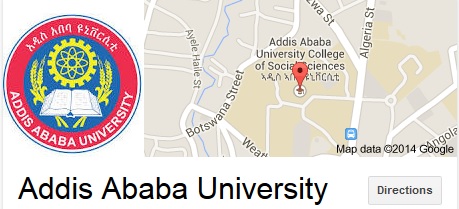Background of College of Health Sciences
The College of Health Sciences (CHS) is a professional health sciences college, established in 2009/10 by the reorganization of previously separate institutions of health under one umbrella. The CHS is comprised of four schools and one teaching hospital. The four schools are the School of Medicine (SoM), the School of Pharmacy (SoP), the School of Public Health (SPH) and the School of Allied Health Sciences (SAHS). The SAHS offers professional training in nursing, midwifery and medical laboratory technology. The rationale behind the establishment of the CHS is to encourage cross-breeding across various disciplinary paradigms; standardize curricula across disciplines; set standards and quality checks for the teaching-learning process; maximize human resources utilization through joint planning in teaching common courses and in conducting research; create opportunities in collaborative research and publication; maximize shared use of facilities for effectiveness and efficiency in teaching-learning, research and services, and create opportunities to address the health needs of the community in an integrated manner as a health team.
All Schools of the CHS offer professional degrees at both undergraduate and postgraduate levels except for the School of Public Health which offers only postgraduate degrees at MSc and PhD levels. However, the SPH is heavily engaged in offering public health courses to undergraduate students of the other Schools in the CHS. The CHS currently has over 5000 students, and employs over 600 full-time faculty members. The College currently offers eight undergraduate and over 70 postgraduate programs. The Tikur Anbessa Specialized Hospital (TASH) is the teaching hospital of the College. TASH is the largest specialized hospital in Ethiopia, with over 700 beds, and serves as a training center for undergraduate and postgraduate medical students, dentists, nurses, midwives, pharmacists, medical laboratory technologists, radiology technologists, and others who shoulder the health problems of the community and the country at large.
In line with the mission and vision of AAU, the CHS exercises unique roles in training highly skilled health professionals at MSc, PhD, specialty and subspecialty levels. This allows it to contribute to the expansion of quality health care, education and research in the country. The CHS is the only institution where some specialized tertiary health care is rendered. Moreover, under the new structure of AAU, the CHS is expected to enjoy a high level of academic and administrative autonomy.

















 The main Admission Office It is located on the Main Campus (at Sidist Kilo) of Addis Ababa University.
The main Admission Office It is located on the Main Campus (at Sidist Kilo) of Addis Ababa University.







